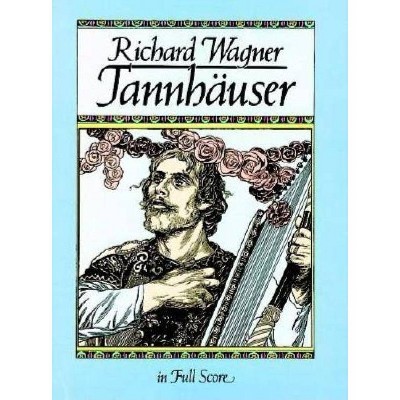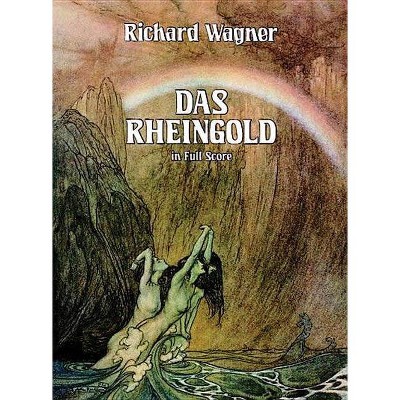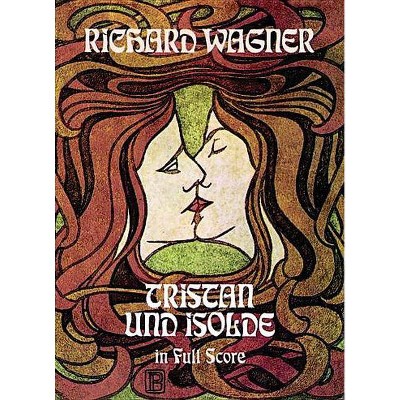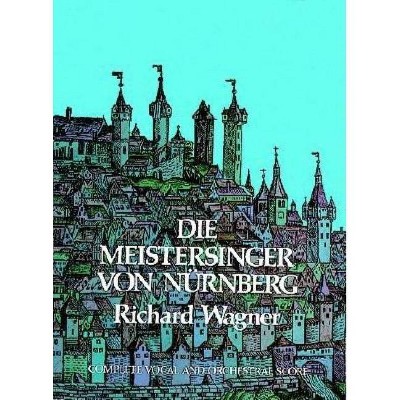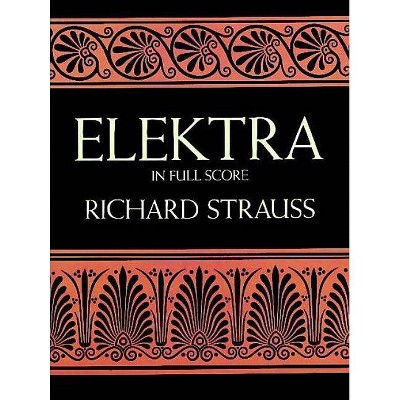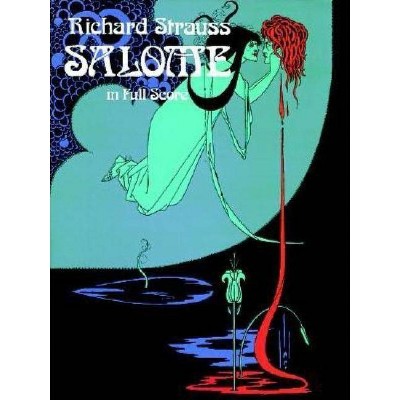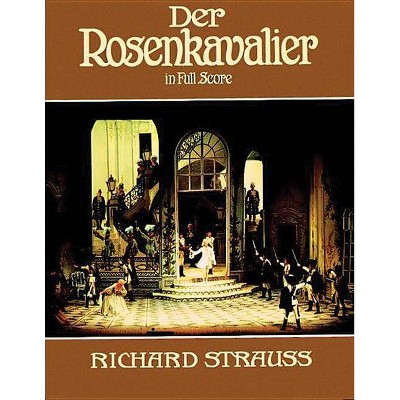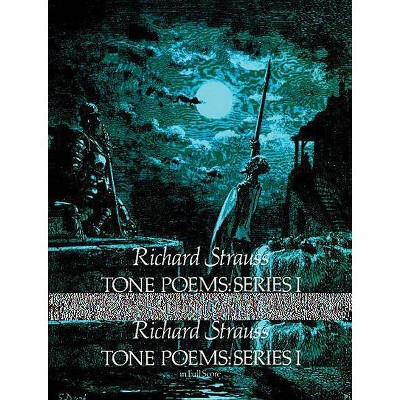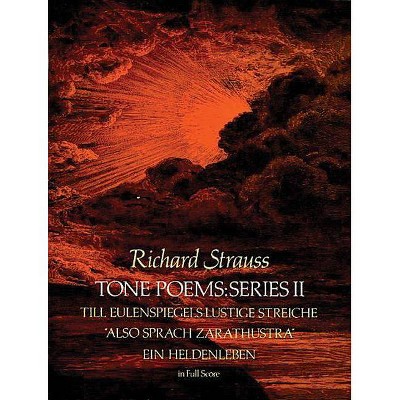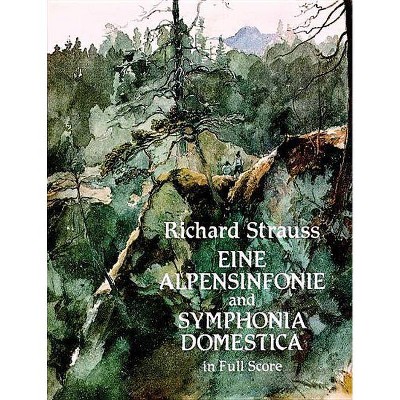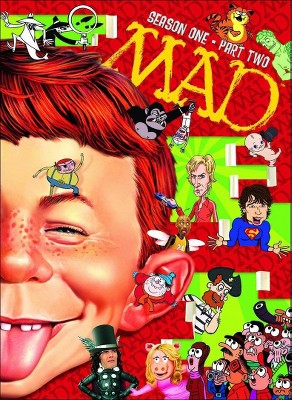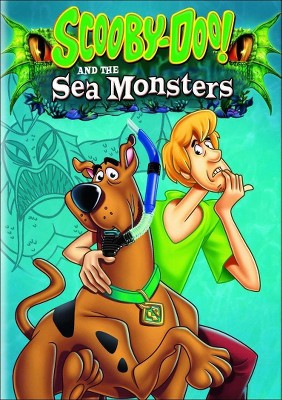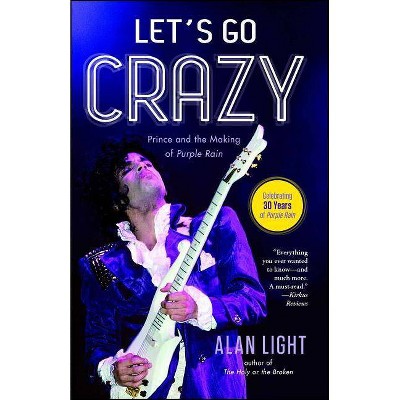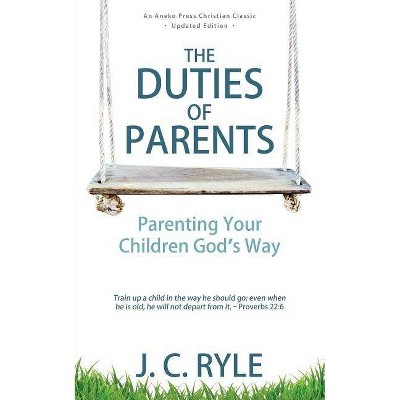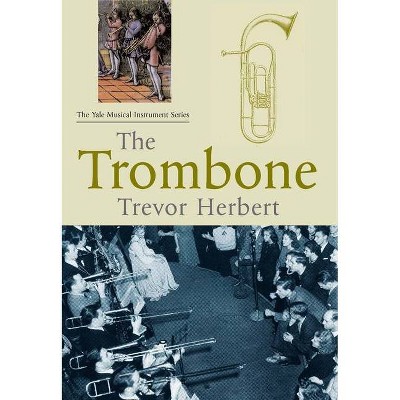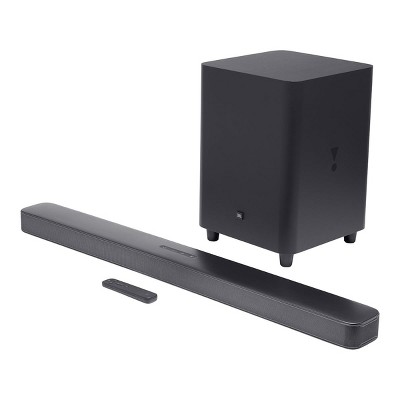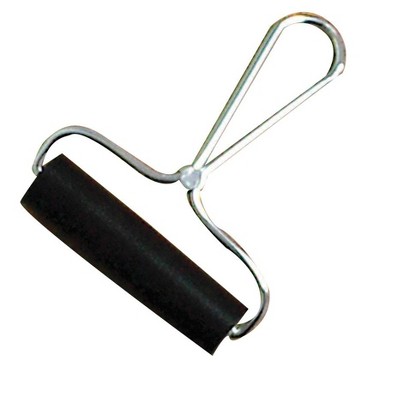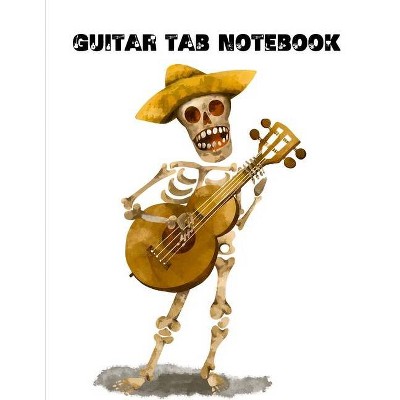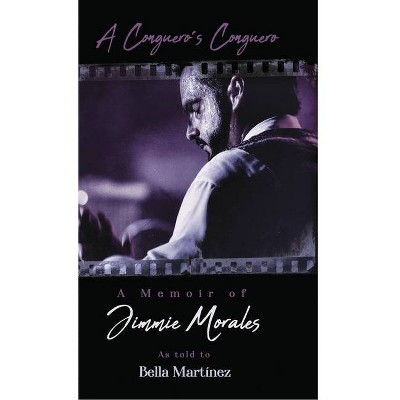Siegfried in Full Score - (Dover Music Scores) by Richard Wagner (Paperback)
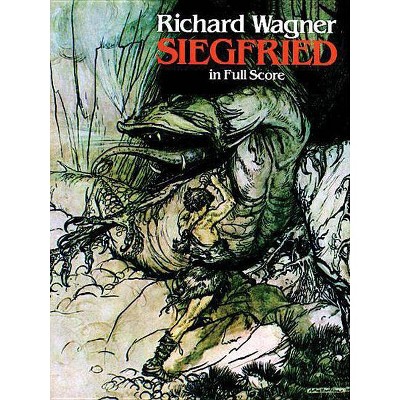
Similar Products
Products of same category from the store
Product info
<p/><br></br><p><b> About the Book </b></p></br></br>The third opera in Wagner's monumental tetralogy, <i>Der Ring des Nibelungen</i>, is reproduced here, complete and unabridged, from the first edition (1876). Wagner enthusiasts and opera lovers will appreciate this affordable edition.<p/><br></br><p><b> Book Synopsis </b></p></br></br><p>Richard Wagner put his supreme effort, as well as his earnings, into constructing the perfect festival theater in the Bavarian town of Bayreuth where his masterpiece, the four-opera cycle <i>Der Ring des Nibelungen</i>, could be performed in a manner which would conform to his vision of how the drama should unfold. Wagner's own perception was that the unique and revolutionary character of his monumental tetralogy necessitated a special theater -- one where the difficulties of staging an expansive drama could be surmounted, where changes of scene could be effected without halting the performance for vast lengths of time.<br><i>Der Ring des Nibelungen</i>, which is based on a medieval German epic, the <i>Nibelungenlied</i>, and Norse mythology, enlarged the expressive powers of German Romantic opera; today it also gives testimony to Wagner's willingness to venture into new areas for inspirational material.<br>The third opera of the cycle, <i>Siegfried</i>, reproduced here in full score, presents the story of a youthful Germanic hero of legendary proportions, a young man without experience of fear, who slays the reptilian hoarder of ill-gotten, powerful golden treasures and rescues a banished goddess from fiery captivity. Performed during the heyday of Bismarck's <i>Realpolitik</i>, following decades of revolutionary and anarchic fervor, Siegfried is reputed to have social and political implications. In <i>The Perfect Wagnerite</i>, George Bernard Shaw discusses the opera in allegorical terms, and describes the heroic Siegfried as a born anarchist, the ideal of Bakoonin, an anticipation of the 'overman' of Nietzsche.<br>Whether or not the political import of Richard Wagner's alleged revolutionary thought is of concern to the music lover of modern times, the influence and power of the operas of <i>Der Ring des Nibelungen </i>are indisputable. The crowning achievement of German music of the Romantic era, the <i>Ring</i> forged a new synthesis of music and drama on the largest scale, drawing on rich literary and philosophical resources to expand the dramatic possibilities of the opera as a musical form.<br>Reproduced from the first edition (1876), which received Wagner's final approval, this full-size full score brings <i>Siegfried, </i> an important opera in the <i>Ring</i> and one of the most performed, recorded, studied, and admired operas of the Romantic era, to Wagner enthusiasts, opera lovers, and musicians at a moderate, affordable price.</p><p/><br></br><p><b> About the Author </b></p></br></br>Composer and conductor Richard Wagner (1813-83) is best known for his four-opera classic, <i>The Ring.</i> Unlike most other composers, Wagner wrote both the scenario and libretto for his operas.
Price History
Price Archive shows prices from various stores, lets you see history and find the cheapest. There is no actual sale on the website. For all support, inquiry and suggestion messages communication@pricearchive.us
